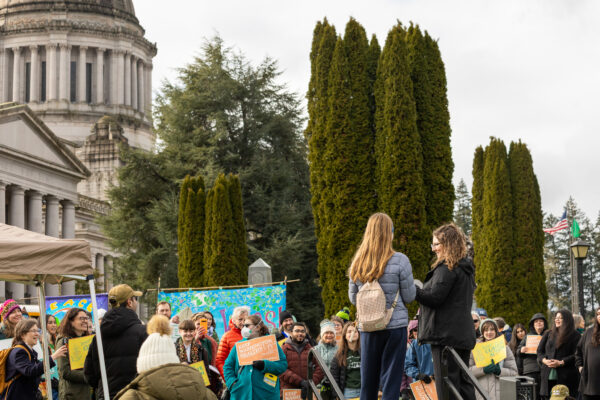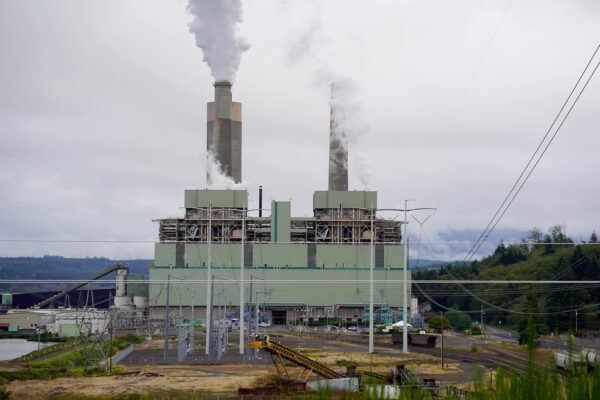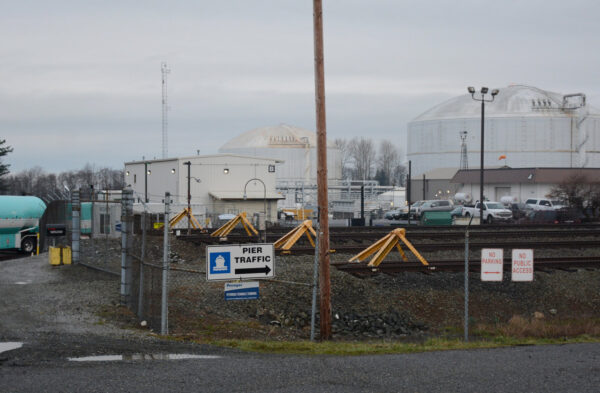We know we must quickly and steadily reduce Washington’s carbon emissions and at the same time make our state more resilient to the devastating effects of climate change, especially in those communities that are most vulnerable. Our policy achieves these important goals by investing in projects that reduce carbon emissions, improve the health of forests, and increase clean and abundant water. To fund these projects, our policy establishes a carbon tax on fossil fuels. The tax is performance-based, meaning that if we are on track to meet updated state carbon pollution limits, the price will not increase. But if we are not meeting these limits, the price increases, which allows further investment in solutions. Investing in the alternatives to fossil fuels is as important, if not more important, than increasing the price of polluting fuels. This investment will speed the transition to a clean energy economy that works for all of us.
Climate change exacerbates other inequalities in our society. Communities of color and people with lower incomes are the hardest hit by climate change and air pollution, but at the same time are the least responsible for causing it. So in order to be effective and equitable, those communities must be central, guiding forces in developing any solution, or else it could make existing inequalities even worse.
Because the impacts and causes of climate change intersect with other issues like income inequality, access to good jobs, and racial justice, our response must connect all those issues as well. The Alliance keeps these concepts at our core by identifying highly impacted communities and requiring that at least 35% of all project investments benefit them. And it establishes committees made up of representatives from impacted communities to guide investments and help ensure the policy is doing what it’s meant to.
Our proposal also funds cash rebates to reduce impacts on households with lower incomes; a fund to support workers in case of job loss; and an exemption for energy-intensive Washington industries that are particularly subject to international competition, to avoid “leakage” of jobs and emissions that would result if these companies moved out of state. These spending priorities help ensure that we take care of all communities as we transition to clean energy and keep Washington an efficient economic leader.
The Clean Energy Transition Act received a hearing on March 14 in the House Environment Committee. We used this opportunity to educate others on our policy and use our strength as a diverse coalition to build power for the movement. We will continue to advocate our policy in the legislature, and if legislators do not enact equitable carbon pollution pricing and investments, we intend to bring it to the people via a ballot initiative.
To learn more about our policy and get involved, contact Sameer at sameer@waconservationaction.org and visit jobscleanenergywa.com.


